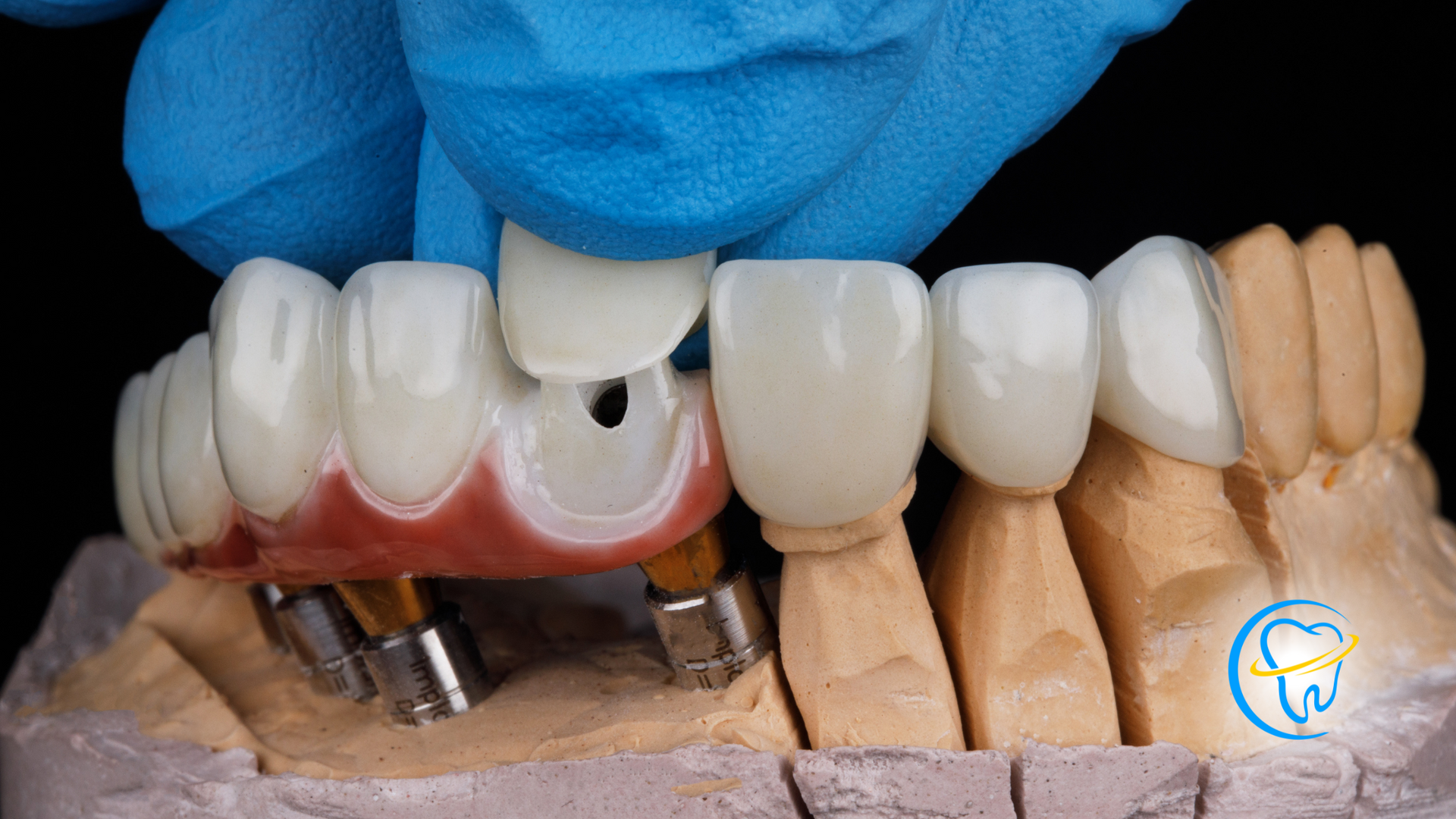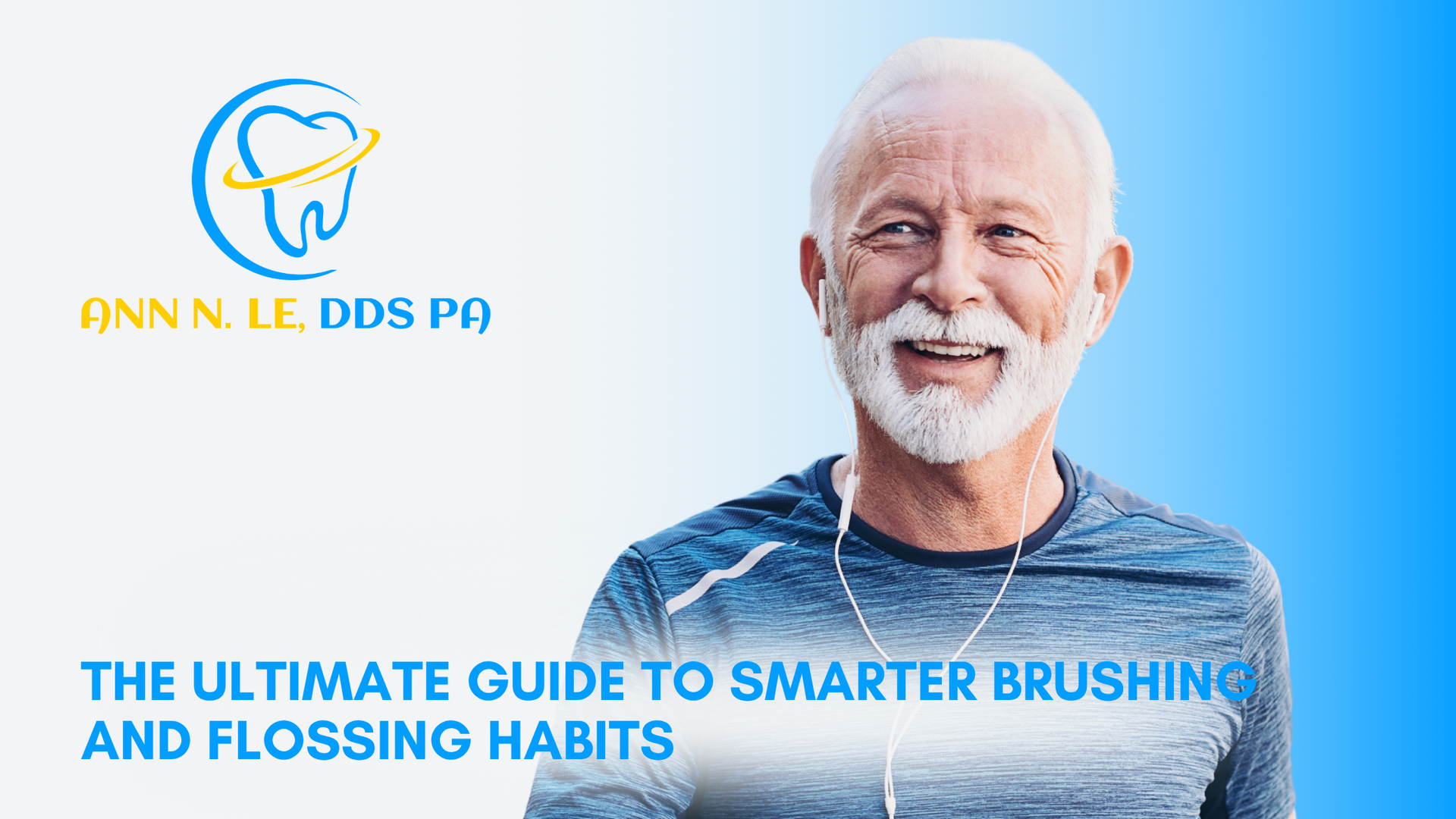Understanding Veneers: Porcelain, Composite, and No-Prep

Source: Dr. Marketing
When it comes to enhancing a smile, veneers have become one of the most popular and transformative solutions in cosmetic dentistry. They offer a quick and long-lasting way to address chipped teeth, discoloration, spacing, and even minor misalignments. But with so many types of veneers available today, how do you know which one is right for you?
Porcelain veneers, composite veneers, and no-prep veneers each have unique benefits and drawbacks. Understanding their differences can help you make an informed decision about your dental care. This blog will explore how porcelain veneers compare to other common types and guide you through what to expect if you are considering this treatment. At Ann N. Le, DDS PA, located in Houston, we work with patients to develop customized treatment plans that deliver beautiful, natural-looking results.
What Are Veneers, and What Do They Do?

Veneers are thin shells that cover the front surface of your teeth to improve their shape, size, and color. They are often recommended for people who have:
- Discolored or stained teeth that do not respond to whitening
- Chipped, cracked, or worn-down teeth
- Small gaps between teeth
- Slightly misaligned or uneven teeth
Veneers are bonded to the natural tooth enamel using a dental adhesive. The result is a dramatically improved smile that still looks and feels natural. However, not all veneers are created equally, and the material used can significantly affect the appearance, longevity, and comfort of the result.
Porcelain Veneers: The Gold Standard

Porcelain veneers are considered the most durable and aesthetically pleasing option available. Crafted in a dental lab, they are made from high-quality ceramic material that closely resembles the natural translucency of tooth enamel. This results in a bright, lifelike appearance that many patients seek. Porcelain is also highly stain-resistant, making these veneers ideal for people who want a long-term solution without constant maintenance. Once bonded, porcelain veneers are strong enough to withstand daily chewing forces and can last 10–15 years or longer with proper care.
One thing to note is that porcelain veneers typically require enamel removal. This involves reshaping the surface of the tooth to accommodate the veneer without adding bulk. While this is a permanent change, the result is seamless and secure when placed by a skilled dentist.
At Ann N. Le, DDS PA, we take a meticulous approach to porcelain veneer preparation. Every case is customized to match the patient’s facial structure, skin tone, and smile line for the most natural outcome possible.
Composite Veneers: A Quicker, More Budget-Friendly Option

Composite veneers offer a more affordable alternative to porcelain. Rather than being crafted in a lab, composite veneers are applied directly to the teeth using tooth-colored resin. The dentist shapes and polishes the material during a single visit, making the process quicker and less invasive. Composite veneers are popular among patients who want to correct minor cosmetic issues without the commitment or cost of porcelain. They can typically be applied without much or any enamel removal, which means the natural tooth structure is largely preserved.
However, there are trade-offs. Composite materials are more prone to staining over time and generally do not last as long. While they may last between 4–8 years, they require more frequent touch-ups and maintenance to keep them looking their best. They are also not quite as lifelike in appearance as porcelain.
Still, for patients looking for a cost-effective option with immediate results, composite veneers can be an excellent choice—especially for teens or individuals who are not ready for permanent changes. At Ann N. Le, DDS PA, we provide both options and walk our patients through the pros and cons based on their goals, timeline, and budget.
No-Prep Veneers: Are They Too Good to Be True?

Another option growing in popularity is no-prep veneers. These are ultra-thin porcelain or ceramic shells that can often be placed without the need to file down the tooth. Since they are so thin, they can be applied more conservatively, preserving more of the natural tooth. No-prep veneers may be a suitable choice for patients with smaller teeth, spacing issues, or mild discoloration. Because there is little to no enamel removal, this type of veneer is considered reversible in some cases, and the procedure is often faster and more comfortable.
However, the thinner material can sometimes result in less effective masking of dark stains or larger imperfections. Also, no-prep veneers are not suitable for all patients—particularly those with alignment issues or larger teeth that may appear bulky after application.
This is why a thorough evaluation is essential. At Ann N. Le, DDS PA, we assess your bite, tooth structure, and cosmetic goals to determine if no-prep veneers are appropriate for your case. While they can be a great option, they are not one-size-fits-all.
Choosing the Right Type: Factors to Consider

Selecting the right type of veneer depends on multiple factors, including your dental health, cosmetic goals, lifestyle, and long-term expectations. Porcelain offers unmatched durability and realism, but composite and no-prep veneers can offer advantages depending on your individual needs. Here are a few things to think about:
- Longevity: Porcelain veneers tend to last the longest but require a higher upfront investment. Composite is more affordable but may need more frequent replacement.
- Aesthetics: Porcelain mimics natural enamel most effectively, while composite may look slightly less translucent or polished.
- Treatment time: Composite and no-prep veneers often require fewer appointments. Porcelain typically involves at least two visits, including lab time.
- Tooth preparation: Composite and no-prep veneers usually require less alteration of the natural tooth than porcelain.
- Maintenance: Porcelain is highly stain-resistant, whereas composite can discolor over time. Proper oral hygiene and regular cleanings are essential either way.
Every type of veneer has its place, and the “best” choice is the one that aligns with your unique smile, lifestyle, and dental goals. Consulting a qualified cosmetic dentist is the most reliable way to determine the ideal solution.
How Veneers Fit into Your Overall Smile Makeover

Veneers are often just one part of a broader cosmetic plan. Some patients may also benefit from teeth whitening, orthodontic adjustments, or gum contouring to fully enhance their smile. Veneers can be used strategically to improve the appearance of a few teeth or to create a complete smile transformation.
At Ann N. Le, DDS PA, we work with each patient to develop a personalized treatment plan that may include multiple services tailored to their desired outcome. We begin with a consultation to understand your goals, evaluate your oral health, and explore all options before moving forward.
Caring for Your Veneers
Once your veneers are in place, taking care of them is crucial to ensuring they look and function beautifully for years. While porcelain is highly durable, veneers still require proper maintenance to prevent chipping or wear. Here are a few basic care tips:
- Use a soft-bristled toothbrush and non-abrasive toothpaste
- Avoid using your teeth as tools or biting into hard foods (like ice or hard candies)
- Wear a nightguard if you grind your teeth
- Keep up with regular dental checkups and cleanings
Our team at Ann N. Le, DDS PA will provide full instructions on how to care for your veneers and schedule periodic assessments to check the health of your teeth and gums.
The Bottom Line: Personalization Is Key

Whether you choose porcelain veneers or another type, the most important factor is choosing a dentist who listens to your concerns and has the experience to deliver natural-looking results. Cosmetic dentistry is both an art and a science. When done thoughtfully, veneers can boost your confidence, enhance your smile, and create a natural aesthetic that complements your personality.
At Ann N. Le, DDS PA, located in Houston on Farm to Market Road West or Barker Cypress Road, we are proud to help patients explore the full spectrum of veneer options and make confident decisions about their dental care. If you are ready to transform your smile, contact us today to schedule your consultation.



